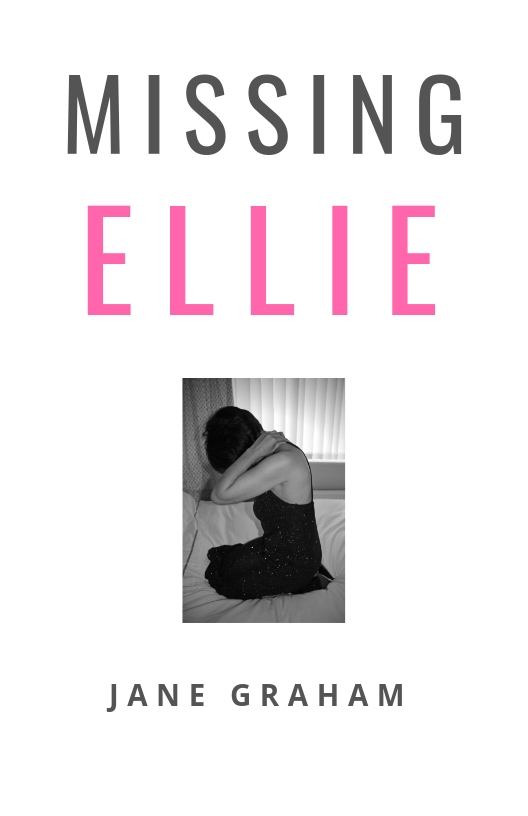
Jane Graham is a psychotherapist who specialises in working with trauma. The woman who lays claim to the Graham of Montrose tartan is more accustomed to writing for scientific journals than penning novels.
But she has made the transition to fiction with astonishing ease – and, she reveals, for good reason.
Dr Graham’s moving debut, Missing Ellie, was written to spotlight menopause-related mental health, and to bring hope to the millions of women it affects.
The author who, at 56, has been through what is commonly dubbed “The Change”, was inspired into authorship by friends, colleagues and the women she has met through her work.
She tells P.S.: “When it came to my own menopause it felt like there was quite a big gap between what the media says – that you are having the best sex of your life, that the menopause is marvellous and women don’t feel the worries they will get pregnant.
“I know some women do have great sex and feel better than ever, but women like that are few and far between.
“What is talked about a lot are the symptoms the NHS can quickly fix. We talk about hot flushes and palpitations, mindfulness and making lifestyle changes such as reducing alcohol and caffeine.
“We border on talking about anxiety.
“But we don’t talk about the loss of self – that existential journey and the fact we have to make this journey to become older.
“I think we are missing a trick. We can’t go back and be young again.
“What we do have is an awful lot of knowledge and life experience but are not going to look the same.
“There is nothing wrong in taking care of yourself. If women want to have botox or make the most of themselves, that’s not a problem.
“The problem is when you’re running so hard to keep up you are not listening to what’s going on inside.”

Missing Ellie – which has an unexpected twist – follows Ilse, an artist and a married mum of two, who is struggling with the loss of her youth.
Her insecurities plunge her into a disturbing six-week journey where she faces some uncomfortable truths.
It puts a spotlight on the reality of depression and the impact of menopause. But, more importantly, it carries a message of hope.
The Shropshire-based author, who married her Scots husband at Auchen Castle in Dumfries, says: “I hope it helps women realise they are not alone and helps to normalise and validate their feelings.
“I wrote the novel to say that menopause is a different part of the life story. You have to go through it, but you can negotiate how you are going to do that.
“Give it some time, stay with the difficult feelings, let it evolve, let you become who you are going to become and celebrate that.”
Missing Ellie by Jane Graham, Amazon, £7.99

Enjoy the convenience of having The Sunday Post delivered as a digital ePaper straight to your smartphone, tablet or computer.
Subscribe for only £5.49 a month and enjoy all the benefits of the printed paper as a digital replica.
Subscribe